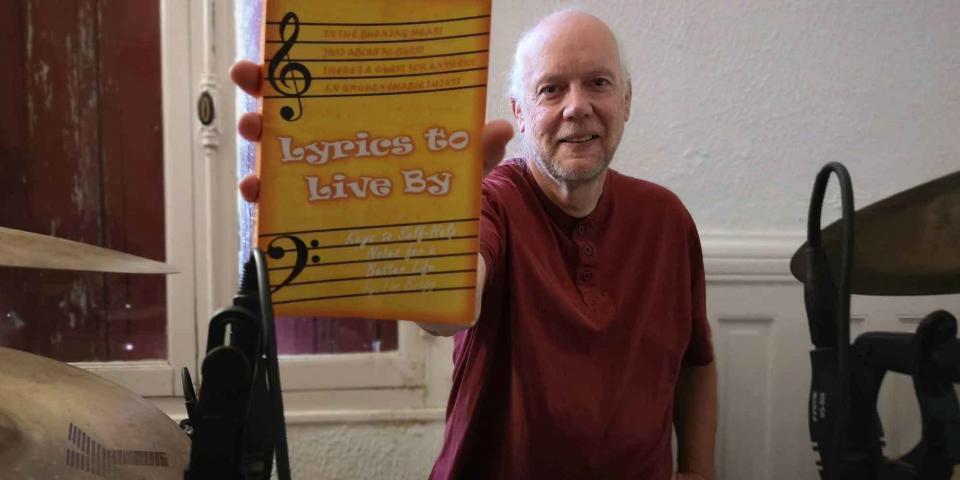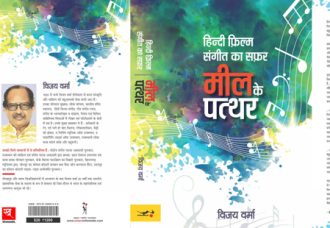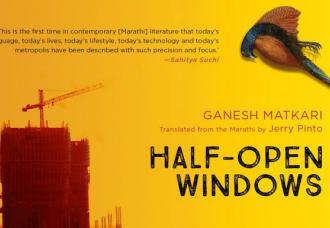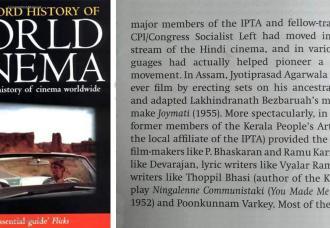Music, Ideas… and Butterflies
In Lyrics to Live By— Keys to Self-help Notes for a Better Life, Tim Bragg, a French-based British musician/author, offers his readers an exquisite collection of essays, giving them relaxing yet challenging moments of reflection on various problems of life. He starts from an original idea, that of coming back to his longstanding love, music, and of taking particular lines from well-known song lyrics and using them as starting points for his thoughtful considerations.
By using a highly intertextual approach that combines music and literature, poetry and philosophy, Tim Bragg gives us the occasion to get a moving insight into the mind and soul of a musician who ponders on art and life, and on their subtle yet deep relationship. Various songs written by well-known artists belonging mainly to the Golden Age of rock provides him with insightful lyrics that inspire him to dwell on the meaning of life, on the general goals we usually set in a lifetime and on the means we choose to use in order to achieve them.
From Paul Simon to Leonard Cohen, from The Rolling Stones to Led Zeppelin, from Bob Dylan to Joni Mitchell, the author urges us not only to replay the music and take delight in the flavour of those oldies, but definitely, so brightly goldies, but also to take the time to detach our minds from the chaotic rhythm of our stressful daily fret and think of higher matters.
In our restless rush, we tend to forget that “life is a long song” (Jethro Tull) and we only focus on the jarring noises of our busy schedules. Really listening to “the music of life” leads to the awareness that our various material needs and desires come to distort our projection of who we really are and this awareness makes us wiser, providing us with a better knowledge of ourselves. This beautiful song also makes us pay attention to our sense of responsibility and to our moral decisions that could make us get in tune with the general harmony.
By quoting Page and Plant, Bragg reminds us, in case we have forgotten, that life, besides being a song, has to be a “stairway to heaven” (Led Zeppelin) whose steps are made of our choices and changes for the better. Our way has to take us only up the stairway, otherwise we remain “hostages to our pasts”, or to our obsessions and unattainable goals and to failed relationships. What we have to learn from all these beautiful songs is the art of knowing yourself, of making fresh beginnings, coming to terms with the loses and failures in our life, and appreciating and taking delight in the beauty around us.
The author’s conclusion at the end of this journey among tunes and verses is that we can always come back and use music and poetry as two cathartic forms of art and, finally, of living. We always feel the relieving effects of both arts, but we feel them even more intensely when we succeed, as the author tells us, to put music and poetry in the place of the stimulants we usually use in order to create our artificial paradises: “Living NOW, being active, having goals, being productive—dare I say it—being CREATIVE! These will help chase away these demons.” Tim Bragg’s last piece of advice, given through the lyrics of his own song (Some Answers) that closes the volume, is that we all should do our best to come up with our own answers to the big questions of life and to try to stand still instead of always running, chasing dreams and illusions. The “elusive butterfly”, Tim Bragg writes about, that may rest upon our shoulder could bring comfort for past sufferings, peace of mind against interior demons, or inspiration. And maybe much more than that!! But to find out, we have to listen to the music he writes about, to listen to his music, to read his thoughts… And never forget, as he tells us, that we, too, are creators and timeless, even if only “for a while”.
“‘You are the creator
Just remember that.’
Take your crayon, or keypad, or pencil, or brush, or drum, or harmonica, or lift your legs and walk… and be timeless for a while.”
Amazon UK | India links to Lyrics to Live By— Keys to Self-help Notes for a Better Life
The author, Tim Bragg, is a professional French-based drummer. His latest album releases this autumn.








